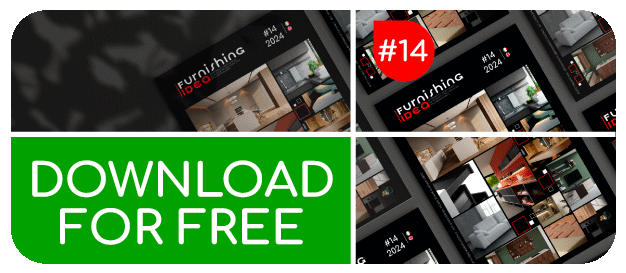
- 10/01/2025
- Economy, News and Fairs
Catas and the Fraunhofer WKI Institute in Braunschweig presented a report on new limits on formaldehyde at the European Wood-based panel Symposium in Hamburg.
Catas' participation in the Symposium confirms its now internationally recognized role as a center of excellence in the wood-furniture industry.
Sandro Ciroi, the laboratory's contact person for issues related to formaldehyde emission, was invited as a speaker to explain to the approximately 400 technicians, operators, scientists and entrepreneurs who arrived from all over the world the state of the art on the new limits set by European regulations in terms of formaldehyde emission.

Expected regulatory developments
The report, authored and presented four-handedly by Sandro Ciroi with Bettina Meyer, of the Fraunhofer WKI in Braunschweig, traced the evolution of regulations on the subject, and, above all, shone a spotlight on the expected regulatory developments that will come into force from August 2026 and that will reduce the “permitted” emissions by half compared to the current limit, bringing them down to 0.05 ppm (parts per million) or 0.062 milligrams per cubic meter. A European regulation that will not only affect wood-based panels, but will progressively involve every other product that emits this substance.
Development of a common charter
The two rapporteurs pointed out that to date, the European Chemicals Agency has yet to publish revised guidelines for measuring formaldehyde release, due last October, a document that is essential for testing laboratories to properly verify compliance with the new regulations.
In anticipation of this indispensable document, Sandro Ciroi and Bettina Meyer spoke about the path leading to the new revision of the “formaldehyde chapter” contained in the European REACH (Registration, evaluation, authorization and restrictions of chemicals) regulation, the registry of all chemicals used on the continent with which restrictions may be associated, and which articles, goods and products are involved or excluded.
The two speakers then mentioned the existence of a voluntary working group formed by the most important European laboratories in the wood-furniture sector, which is committed to drawing up a “common charter” thanks to which it will be possible to define all the technical specifications not present in the regulation, so that testing activities in different countries can be harmonized, to the benefit of companies that use wood-based panels, which will thus be able to confront a certain scenario.
Finally, at the conclusion of the report, Bettina Meyer and Sandro Ciroi tried to imagine, based on their studies and expertise, what the dictate of consumer protection regulations regarding the formaldehyde content of products might be in the future.


 en
en  Italian
Italian French
French German
German Spanish
Spanish Portuguese
Portuguese








